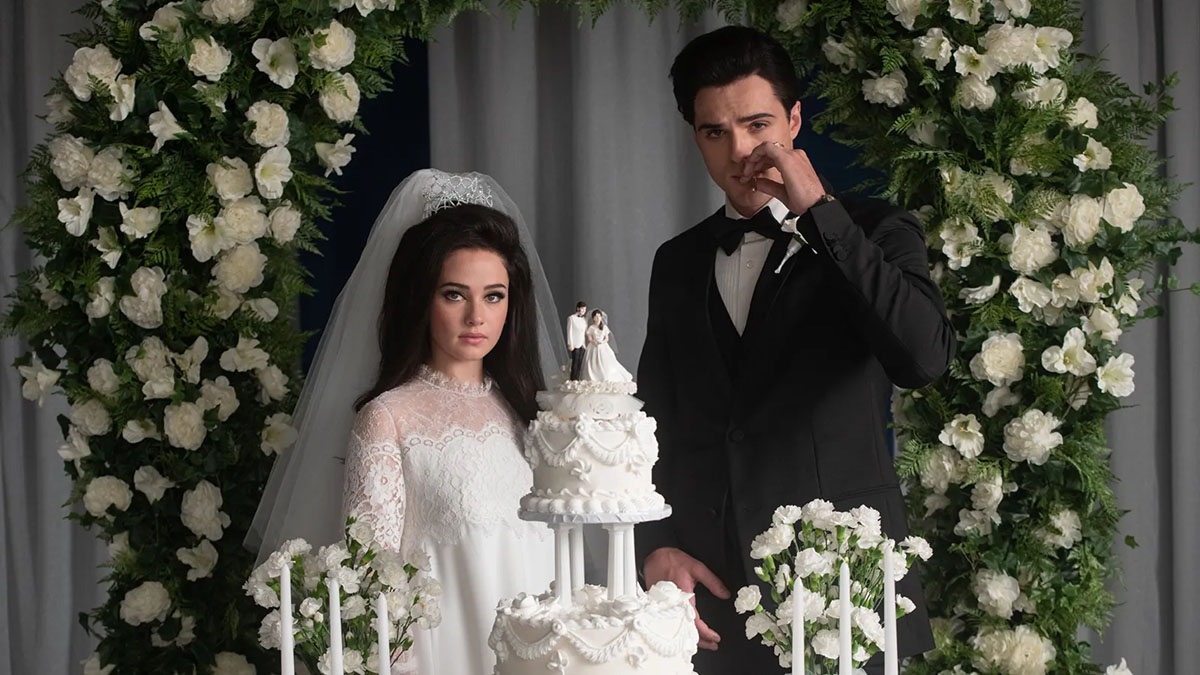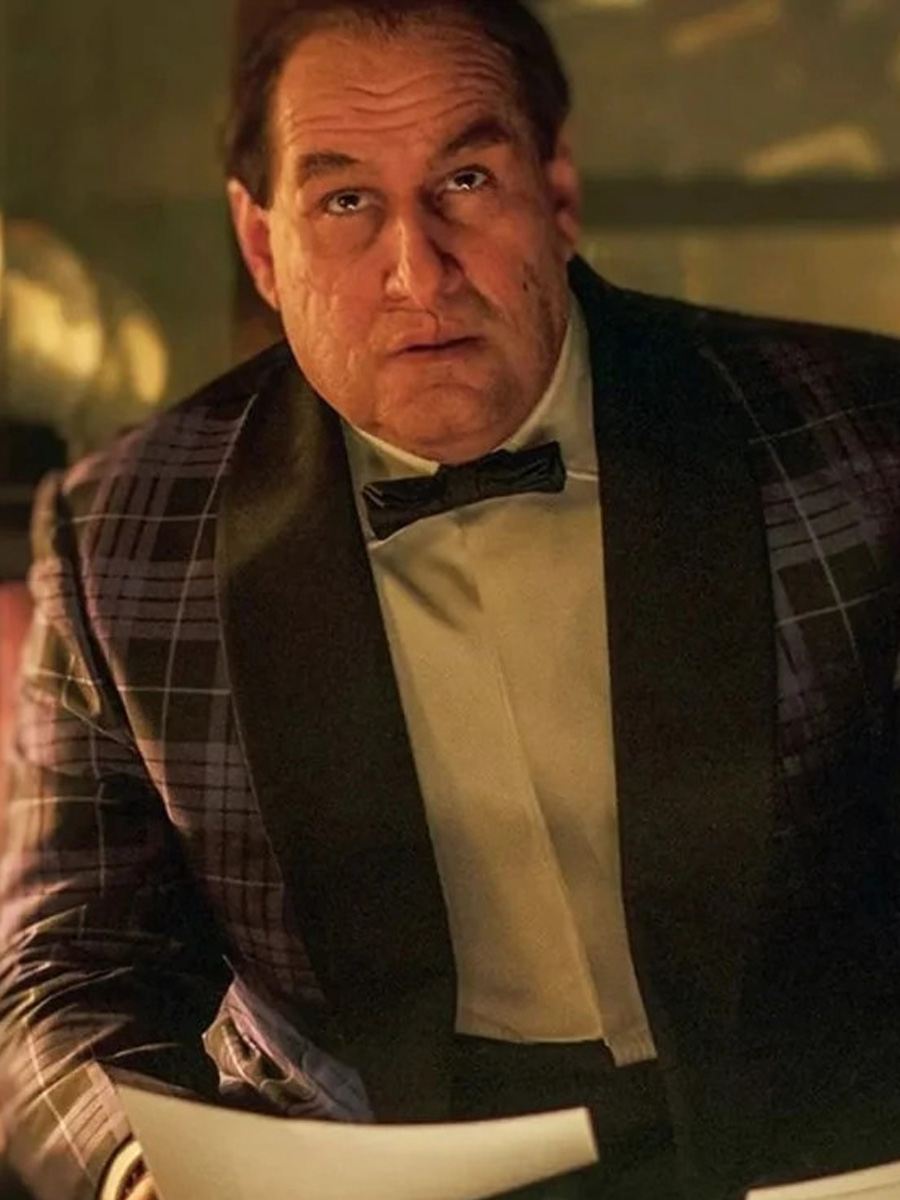The star-studded life of Priscilla Presley has always been one of speculation. Numerous articles and conflicting news stories paint her life as a wide array of things. Priscilla herself had to put the rumors to rest once and for all.
Based on the book “Elvis and Me” written by Priscilla, Sofia Coppola’s film, “Priscilla”, details it all. The film sheds light on the whirlwind romance between Elvis Presley and Priscilla.
With most films and documentaries only telling Elvis’ story, the movie spotlighted Priscilla’s life: the good and the bad.
The story starts off with a young Priscilla, who is only 14 years old, meeting Elvis in Germany while her father is overseas serving in the U.S Army. Their relationship blossoms fast and abruptly comes to a halt when he returns to the United States.
After years -– and I mean years — without any communication, Elvis calls Priscilla to tell her to come to his private estate, Graceland; he’s giving her a new home. During her time here, their relationship becomes nothing like she imagined it to be.
Flagged with cheating rumors, aggressive drug use and moments of domestic violence, Priscilla goes through the wringer trying to figure out what is best for her moving forward.
The film captures it all showing the highest highs and the lowest lows.
Watching this film made me understand the disconnect that went on between Elvis and Priscilla. Their relationship was always a mystery to me … and so was the age gap.
The actress who played Priscila, Cailee Spaeny, brought a calmness to the movie. Her politeness and gentle mannerisms fascinated me. It was a complete polar opposite to her costar, Jacob Elordi, who played Elvis in the film.
The two characters together were day and night; polar opposites.
It is what captivated me.
As I sat and watched the movie not once, not twice, but three times, I couldn’t help but wonder how one lived like this.
She had everything; a beautiful home, any item she could imagine and being married to one of the most famous singers to grace our Earth. But in the end, how much of that really mattered?
How could she live with someone so drug fueled and fame hungry? How could she put up with the constant infidelity rumors and him being away from home 24/7?
The strength of that woman astonishes me.
The roller coaster of emotions she went through in life was replicated in this film. As a viewer, you could see it and feel it.
It sheds light on an important issue. Many women in troubling relationships do not have an “out.” Leaving is not always the safest or easiest option. It is important for those affected to feel safe and secure; surrounded by those who love and care for them.
“Priscilla” quickly gained my nod for one of my favorite movies this past year. The beauty and elegance in a story riddled with immense troubling characteristics is what made this film stand apart from others.
My understanding of Priscilla and her life is deeper than before.
I feel so much for her. She was so young; along the line, someone failed her.
The film showed the ugly beauty behind one of the most infamous Hollywood “it” couples from the rise all the way to the end. Her peaceful ending was one she deserved from the very beginning.
Steinmetz can be reached at [email protected].









Joy Russell • Sep 6, 2024 at 5:43 pm
Is the movie available to watched on Hulu or any other TV movie or for rentals?